It usually happens after every talk I’ve given around the country. The talk is over and a few people are gathered up front to make 1:1 comments or ask a question. A person waits politely for other conversations to finish. Their question usually begins with a qualification such as, “I believe in climate change, but….”
This is followed by, “What can I really do about climate change?”
Sometimes there is an inflection in this question that means the climate crisis is too big, what can one individual do? Others are serious about making changes.
My talks aren’t so much about the impacts of climate, or in particular what we can do about it (there are hundreds of possibilities.) They are about how we can be better communicators about the climate crisis. But “How can I help, and what can I do?” are questions that many in the room have the back of their minds. So, to some extent, even I am avoiding the question.
Most people want a simple answer. Yet, my answer is not do these 3 specific things. It is simply to ask them a question. What do you think you can do?
Slowly, a conversation breaks out. The climate crisis is large and urgent, and the solutions are complex. It can seem overwhelming. So there is no one answer. It depends on the individual, their skills, resources, and interests. Yet there are a few things I’ve found that can guide you in answering this question for yourself.
The first is to understand the climate crisis is both an individual and a collective challenge. We show personal and moral leadership in the things we do as individuals, but recycling plastic bags or biking to work, will not keep the icecaps from melting. It requires collective action. Massive action by governments and communities. So while we can recycle, it really requires a commitment to collective action.
From a personal standpoint, it is often cognitive dissonance, or motivated reasoning, or any of a dozen other human biases that keep us from acting. That is why climate deniers and fossil-fuel think tanks often blame individuals. It creates personal shame that keeps people from acting in a concerted or coordinated way. You know, “You live in a big house so you are wasting resources heating it. You can’t lecture me on climate or impinge on my freedoms or keep me from driving my Hummer.” Rather, shame is better directed at collective inaction. That is what Greta Thunberg is doing.
The first step for those that really want to move from believing or rationalizing the climate crisis is to make a commitment to act. Belief is not sufficient, only actions. From my perspective, belief without action is worse than outright denial. It lulls us into complacency. It creates a silence that is filled by delay, denial and misinformation that threatens our children, our communities and planet.
Another strong step is to share your commitment. This re-enforces a path and welcomes support. The climate crisis is a lot like smoking. If I smoke, I know it’s not good for me, and if I want to quit, I need help. The first step is to acknowledge the problem. The second is to make a commitment to quit, and the third is to solidify the commitment with someone else. My commitment for 2020 is to restrict my flying to no more than one trip or fly only on an emergency basis. This is going to be really hard for me, but you are my witnesses.
Acting on any commitment also has another effect. It reduces climate fatigue, overcomes a sense of helplessness and actually creates some sense of purpose, satisfaction and mutual identity. Try some small steps and see.
The carbon footprint of the average American Household is upwards of 40 metric tons of CO2 equivalent per year! You can find your community’s footprint by Zip Code here. Then try imagining 40 tons of anything sitting in your room. Clearly some personal action can be helpful.
There are lots of resources to help you reduce your personal carbon footprint. Here are three resources out of dozens.
Each of us will choose what works for us. But it’s not enough. Even if we achieve dozens of these steps, there is one more thing each of must do. That is to act to change our collective strategies, policies and actions. We must show up to defend the commons.
“The commons is the cultural and natural world accessible to all members of a society, including our air, water, land, and a habitable earth. These resources are held in common, not owned privately.”
The moral code of the commons dates back thousands of years and also seems universal among indigenous peoples of the world. This code states that we cannot ruin the commons, or deprive others of the life’s requirements for individual gain. We live in a society that measures well-being by ownership of property and wealth, often created through the exploitation of “natural resources.” We cannot pollute the water, the air or the land that others use to survive. We cannot use the air or our oceans and rivers sewers, because it endangers the survival of all of us. Nowhere is this more urgent than with the climate crisis.
Showing up means meeting our representatives and community leaders, voting, marching, boycotting, and even getting arrested. It means picking a project or an organization and actually working to achieve its goals. We must join with others. All of us. Conservatives, liberals, people of color, capitalists, socialists, different faiths, ages, origins, no matter our labels. Because all of our survival is dependent on our air, water, land and climate. We are all connected. Our air, water and earth connect us.
As this year comes to an end, many reflect on goals for the new year. I’d suggest considering climate action as one of those goals. The process is simple.
- Make a personal commitment to act
- Share that commitment
- Take personal action and show up collectively
We can do this together.
‘We are all connected. Savor the Earth!’™
Hobie,
L. Hobart Stocking
SkyWaterEarth.com
hobart@skywaterearth.com
651-357-0110
Facebook: @SkyWaterEarthConnected
Twitter: @SkyWaterEarth

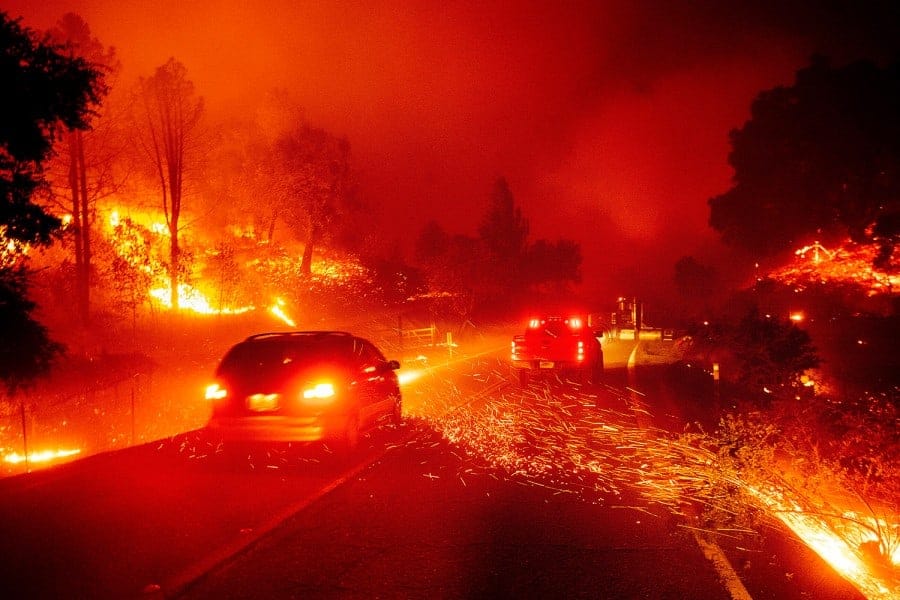

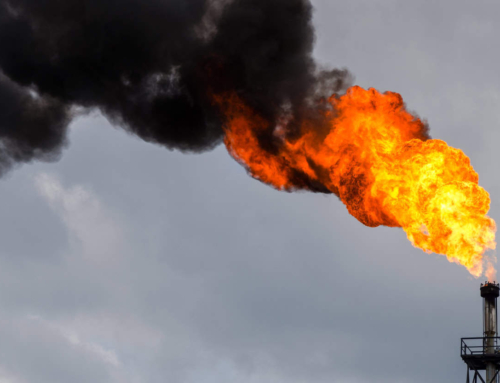

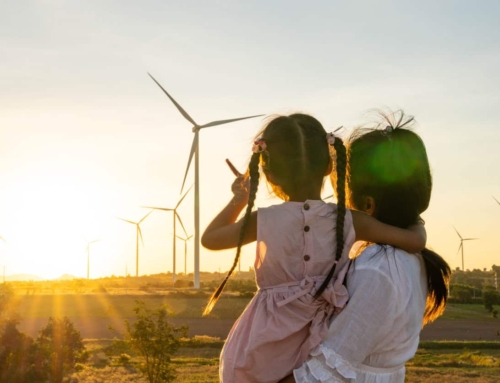
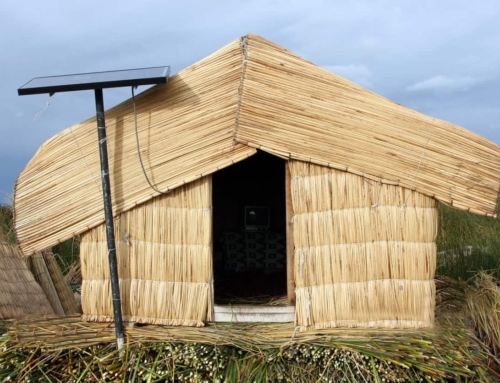
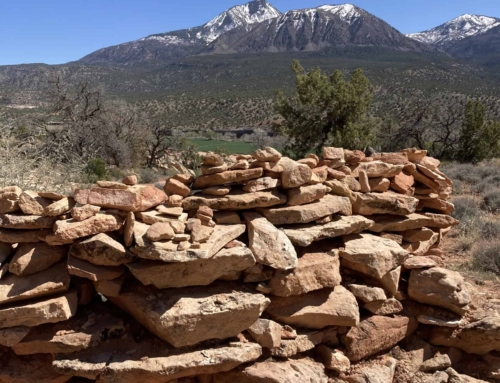
Leave A Comment